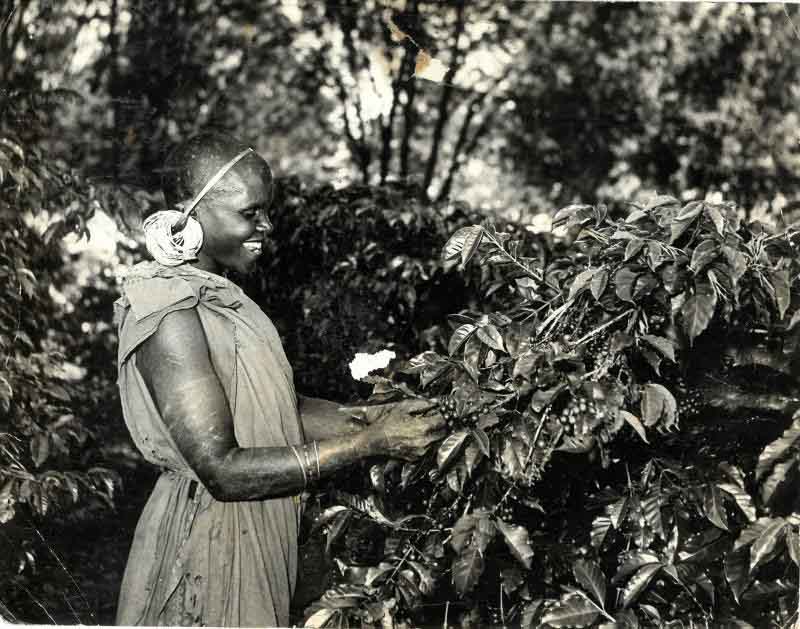×
The Standard e-Paper
Join Thousands Daily

A Kikuyu woman picking coffee in the white highlands during the colonial period 1950s [file]
During the Mau Mau rebellion, African labourers working in European homes often found themselves between a rock and a hard place.